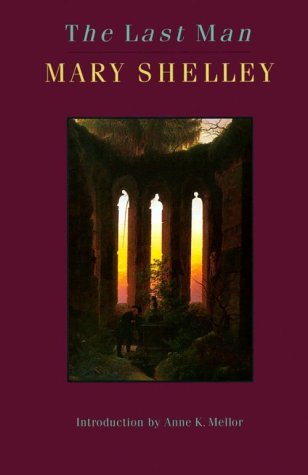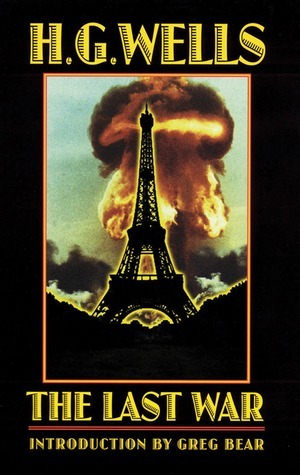
The Last Man
Book Description
In a world teetering on the brink of annihilation, one man's fight against despair unfolds amidst societal collapse and plague. As Emmanuel, the last man left in a dying civilization, navigates the ruins of love and friendship, he grapples with haunting loneliness and the weight of survival. Shadows of betrayal and longing loom large, while the fate of humanity dangles by a thread. Will hope ignite in the ashes of destruction, or will Emmanuel surrender to the encroaching darkness? This gripping tale of resilience and heartache questions the very essence of what it means to be human. What will you hold onto when all is lost?
Quick Book Summary
"The Last Man" by Mary Shelley is a haunting and philosophical novel set in a future world ravaged by a devastating plague. The protagonist, Lionel Verney, recounts the demise of civilization, charting his journey from rebellious youth to the sole survivor of humanity. As he witnesses the collapse of societies and the deaths of his closest friends and loved ones, Verney grapples with grief, isolation, and the search for meaning in the face of utter devastation. Through his journey, Shelley explores profound themes of loss, resilience, and the enduring quest for hope amidst despair. Steeped in gothic and apocalyptic imagery, the novel is a meditation on human nature, companionship, and the fragile thread on which civilization hangs.
Summary of Key Ideas
Table of Contents
The Fragility of Civilization
The novel begins in late-21st-century England, where political unrest and the decline of monarchy set a bleak backdrop for Lionel Verney, the book’s narrator. Verney, an outsider initially embittered towards society, finds purpose and companionship with Adrian (loosely inspired by Percy Shelley), the idealistic son of the exiled last king of England. Their close circle expands to include Raymond—a charismatic leader and potential savior—and Perdita, Verney’s devoted sister. Early chapters explore their hopes for societal reform and personal happiness, establishing deep bonds that will be tested by disaster.
Isolation and Loneliness
A mysterious, relentless plague soon sweeps across the globe, shattering the fabric of societies. As the disease claims more lives, leadership falters and communities descend into chaos. Attempts at salvation—including hopeful migrations and desperate quarantines—prove futile. The once vibrant England is reduced to ruins, with cities deserted and nature reclaiming reminders of lost civilization. The characters are forced to confront their mortality, turning inwards as they face the loss of loved ones and the collapse of all known order.
Resilience and the Human Spirit
Shelley deeply examines the psychological effects of this apocalypse on her characters. Isolation becomes overwhelming as Raymond, Perdita, and others succumb to illness or despair, leaving Verney increasingly alone. Loneliness is personified by Verney’s desperate attempts to seek out or recreate companionship. Surrounded by the silence of extinction, he struggles against encroaching madness and finds brief solace in memories and the natural world, reflecting on what it means to be the last remnant of humanity.
Loss, Grief, and Memory
The novel probes themes of loss, memory, and betrayal. Personal betrayals—such as Raymond’s infidelity—mirror the larger betrayal of humanity by fate or nature. The omnipresence of death prompts Verney to relive pivotal moments and lost friendships, retaining bittersweet memories as the only currency left to him. These recollections highlight the importance of love and loyalty, even when those bonds are ultimately ephemeral.
Friendship and Betrayal
In the final portion of the novel, Verney’s resilience emerges as he navigates the ruins of a once-great world. He is driven not only by survival instinct but by a deeper philosophical questioning of existence, hope, and purpose. Though tempted by despair, Verney resolves to seek other survivors and bear witness to humanity’s story. The novel ends on a note of ambiguous hope: with Verney alone but determined, suggesting that the meaning of life persists even as all else is lost.
Download This Summary
Get a free PDF of this summary instantly — no email required.





